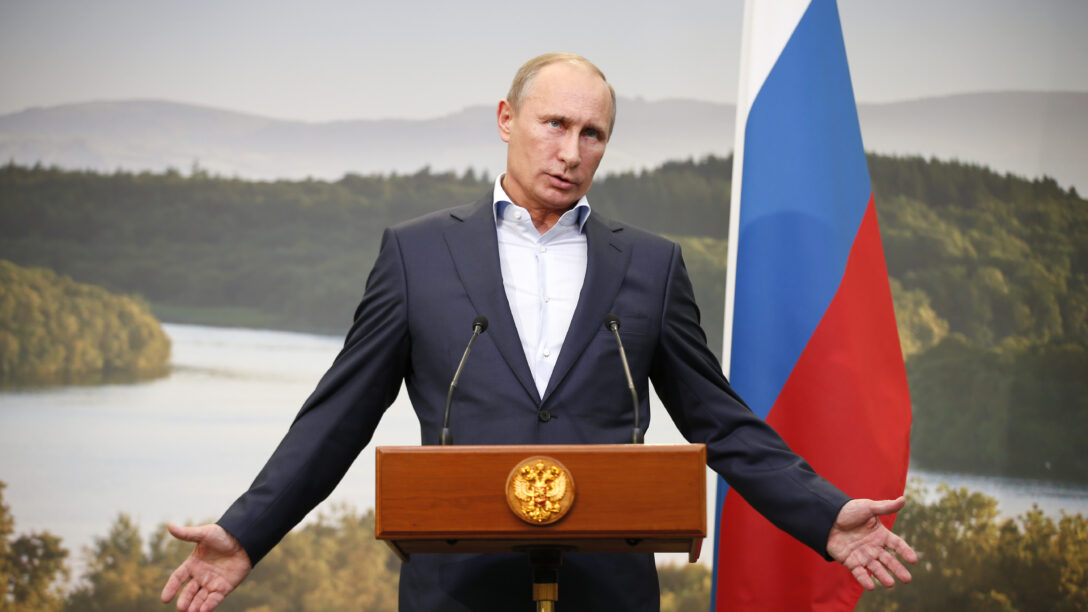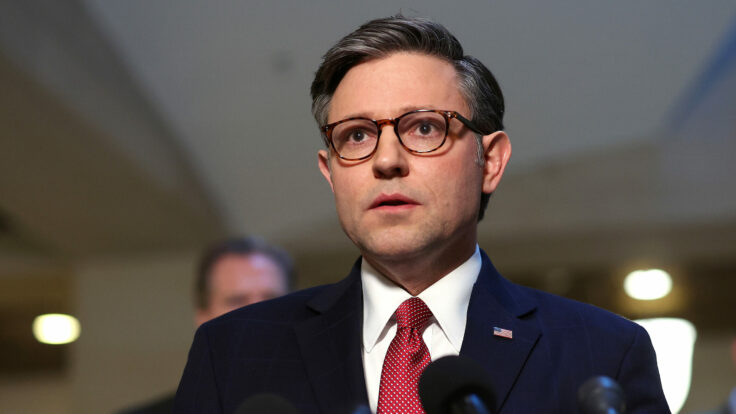Two weeks before the Biden-Putin summit in Geneva, Andranik Migranyan went on Russian state television to offer his commentary. Migranyan teaches at the Moscow academy that trains Russian diplomats and spies, where he was once a student himself, alongside his old friend Sergei Lavrov, the long-serving foreign minister of Russia. Everyone was comparing the upcoming meeting to another Geneva summit: the one between Ronald Reagan and Mikhail Gorbachev in 1985. It was the first time those two American and Soviet leaders had met and it was the beginning of a long and beautiful friendship between the two, one that ultimately ended the Cold War.
But Migranyan saw something different: the June 1961 meeting between John F. Kennedy and Nikita Khrushchev in Vienna. The Cold War was heating up and Berlin had become the coveted object in a tug of war between the Soviets and the Americans. The United States had a new, young president and Khrushchev wanted to meet with him. “This meeting was really a delineation of red lines,” Migranyan told me over the phone from Moscow. “Khrushchev said that we’ll make Berlin the unified capital of East Germany, and Kennedy said, well, then we’ll have to go to war. They left unhappy but they drew their red lines.”

















